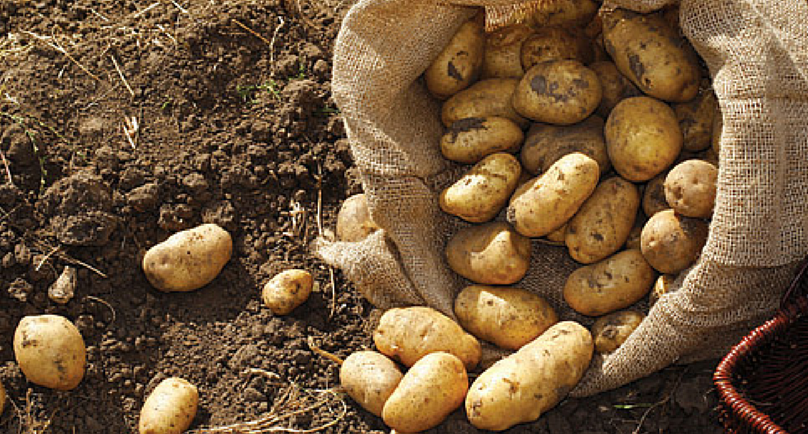With the recent announcement that Papua New Guinea will put a ban on the import of potatoes to the country, it raises a few interesting questions.
For one, whilst this will potentially be a positive move for the economy of PNG, does the country have the agricultural capabilities to meet demand?
And secondly, will we see a change in prices now that PNG spuds will essentially have the market monopolised?
It’s not only imported potatoes that we’ll see on supermarket shelves, the ban has also extended to onions, capsicum and cabbage, amongst others. It follows on from the country’s ban on chicken imports earlier this year.
Agriculture Minister Tommy Tomscoll says that the ban is geared towards adding wealth to the 80 per cent of people who live off the land here in PNG.
“What we have done we have only joined the queue,” Tomscoll said, in relation to following the lead made by countries such as Australia and Fiji in banning imports on certain foreign products.
So what’s next? No more tomatoes from Australia? The end of celery from China?
Papua New Guinea as a nation might very well be on the road to becoming totally self-sustainable, but this may not necessarily be a positive thing. Competition breeds lower prices, and lower prices mean that ordinary Papua New Guineans can get the variety of fruit and vegetables they need for a balanced diet.
At present, imported fruits and vegetables here in PNG are often four/five times the cost of their local counterparts. So with that in mind retailers throughout the country may be forced into finding a middle ground between the current local and imported prices, therefore still making prices too high for everyday people to afford.
Food security, and ensuring the country is capable of handling the consequences of drought and floods, is also critically important. If we don’t see rain, or see too much of it, will we be able to keep pace with demand for the humble potato?
There are lots of questions here, and can they all be answered? But I guess that only time will tell if PNG can be the potato paradise that the government might hope for it to become.
NARI, the National Agricultural Research Institute, was contacted for a comment on the country’s technical capabilities of dealing with the import ban, but missed our deadline for publication.


